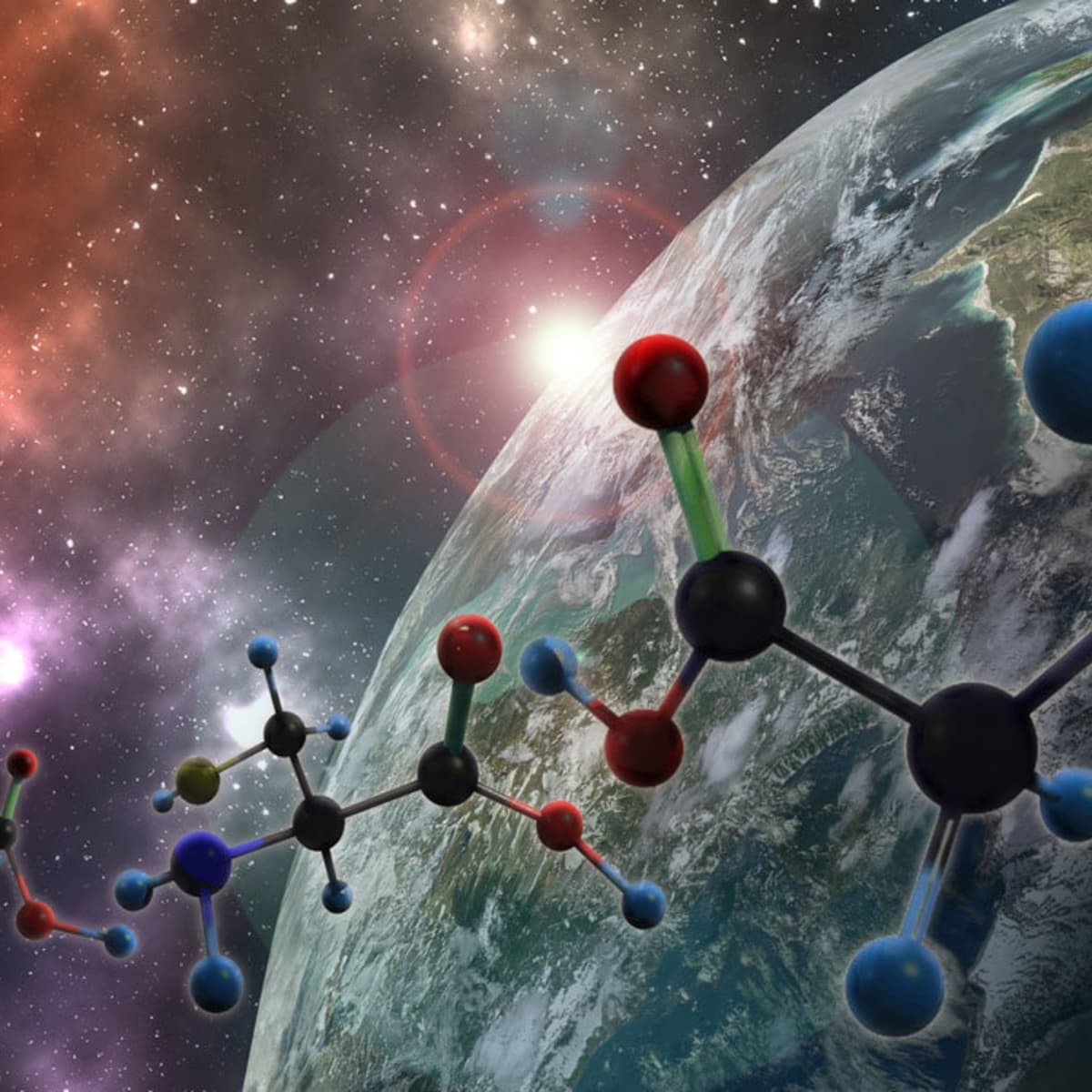Unveiling the Chemistry of the Cosmos: Top Universities for Astrochemistry Studies
Introduction:
Astrochemistry, the study of the chemical processes that occur in space, provides a window into the origins and evolution of the universe, from the formation of stars and planets to the emergence of life. Combining principles of chemistry, physics, and astronomy, astrochemists investigate the composition and behavior of molecules in interstellar clouds, planetary atmospheres, and extraterrestrial environments. Pursuing a career in astrochemistry requires expertise in spectroscopy, computational modeling, and laboratory techniques, along with a curiosity for unraveling the chemical mysteries of the cosmos.
Understanding Astrochemistry:
Astrochemistry explores the chemical reactions and interactions that shape the cosmos, from the birth of stars in molecular clouds to the synthesis of complex organic molecules in protoplanetary disks. It encompasses a wide range of phenomena, including the formation of molecules in interstellar space, the chemistry of planetary atmospheres, and the search for the building blocks of life in meteorites and comets. Astrochemists utilize a variety of observational, experimental, and theoretical methods to study the distribution and abundance of chemical species in the universe.
One of the central goals of astrochemistry is to understand the processes that lead to the formation of molecules in space and their subsequent evolution. This includes studying the chemistry of star-forming regions, where dense clouds of gas and dust provide the raw materials for the formation of molecules such as water, ammonia, and complex organic compounds. Astrochemists also investigate the chemistry of protoplanetary disks, where planets and moons are born from the remnants of stellar explosions.
Moreover, astrochemistry plays a crucial role in addressing some of the most profound questions about the origins of life and the potential for extraterrestrial habitats. By studying the chemistry of comets, meteorites, and planetary atmospheres, astrochemists gain insights into the conditions that led to the emergence of life on Earth and the potential for life elsewhere in the universe. Astrochemistry also informs our understanding of planetary habitability, the formation of prebiotic molecules, and the search for biosignatures on other worlds.
Top Universities for Astrochemistry Studies:
For aspiring astrochemists, choosing the right university is essential for gaining the knowledge, skills, and research opportunities needed to excel in the field. Several institutions stand out for their exceptional programs and contributions to astrochemistry research. Here are some of the top universities for astrochemistry studies:
- University of California, Berkeley:
- UC Berkeley’s Department of Chemistry offers a comprehensive program in astrochemistry, with a focus on laboratory spectroscopy, observational astronomy, and computational modeling.
- The university is affiliated with major astrochemistry projects such as the Atacama Large Millimeter/submillimeter Array (ALMA) and the James Webb Space Telescope.
- Research areas encompass studying the chemistry of interstellar clouds, the formation of complex organic molecules in space, and the synthesis of prebiotic molecules in planetary atmospheres.
- Harvard University:
- Harvard’s Department of Astronomy is renowned for its pioneering research and innovative teaching in astrochemistry and planetary science.
- The university is involved in major astrochemistry collaborations such as the NASA Astrobiology Institute and the Atacama Pathfinder EXperiment (APEX).
- Research opportunities abound, from studying the chemistry of protostellar cores to investigating the organic chemistry of comets and asteroids.
- University of Arizona:
- The University of Arizona’s Department of Planetary Sciences offers a vibrant community of astrochemists engaged in both theoretical and observational research.
- The university is affiliated with major astrochemistry missions such as the Rosetta mission to comet 67P/Churyumov-Gerasimenko and the OSIRIS-REx mission to asteroid Bennu.
- Research areas include studying the chemistry of planetary atmospheres, the formation of amino acids and other biomolecules in space, and the detection of organic molecules in extraterrestrial samples.
- Max Planck Institute for Extraterrestrial Physics:
- The Max Planck Institute for Extraterrestrial Physics in Germany hosts a world-class astrochemistry research group focused on the chemistry of interstellar clouds and protoplanetary disks.
- The institute operates state-of-the-art observational facilities such as the Submillimeter Array (SMA) and the IRAM 30-meter telescope.
- Research opportunities encompass studying the chemistry of star-forming regions, the evolution of protoplanetary disks, and the synthesis of complex organic molecules in space.
- University College London:
- UCL’s Department of Physics and Astronomy offers a dynamic program in astrochemistry, with a focus on laboratory experiments, observational astronomy, and theoretical modeling.
- The university is affiliated with major astrochemistry projects such as the European Space Agency’s Rosetta mission and the Herschel Space Observatory.
- Research areas include studying the chemistry of cometary ices, the formation of prebiotic molecules in interstellar clouds, and the chemical composition of exoplanet atmospheres.
Conclusion:
Astrochemistry offers a fascinating journey into the chemical cosmos, where the interactions of molecules and atoms shape the evolution of stars, planets, and life itself. By studying astrochemistry at top universities, aspiring scientists can gain the knowledge and skills needed to unravel the chemical mysteries of the universe. Whether investigating the chemistry of interstellar clouds, probing the composition of planetary atmospheres, or searching for signs of life in extraterrestrial samples, astrochemists play a crucial role in advancing our understanding of the cosmos and our place within it.
